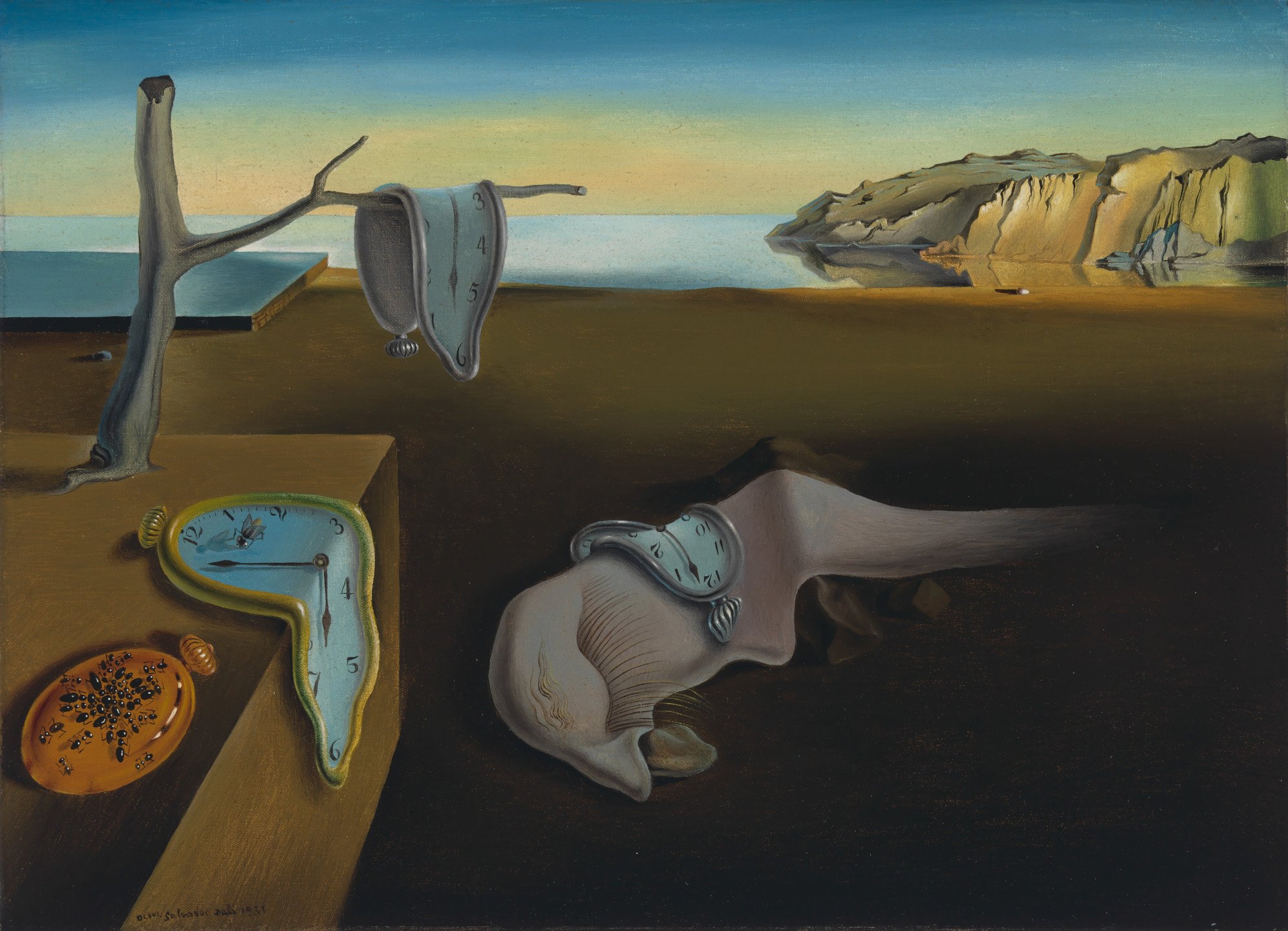Pen Pal
Eve Marx
Word Count 923
I have a prison pen pal. I’ll call her K. She's a murderer, she murdered two people. It was a love triangle sort of thing. She’s been incarcerated 27 years, serving two, twenty-to-life sentences, in a maximum-security prison for women. Because a judge at the time of her sentencing mandated K’s time be served consecutively instead of concurrently, unless a governor —or even interim governor— pardons her or grants clemency, she’s looking at a minimum of twelve more years. K and I have been pen pals since the pandemic started. We haven’t known each other long but we each write a real letter once a week. I draw on my letters and now she copies me. I’m not much of an artist. I like fooling around with colored pencils to calm my anxiety. K is into music. She draws musical notes. Her main complaint about our correspondence is how long it takes for our letters to cross the country as she is incarcerated in New York and I live on the west coast. It takes five days for our letters to arrive. That's entirely too much time for her and she is a woman who keeps track of time.
Time, it turns out, is a principal topic of our correspondence. From K I’ve learned everything that happens in jail is on the clock. It’s a regimented lifestyle and there is a time for everything. There is a time when you must get up and leave your cot and a time to eat. There are times when inmates can receive visitors and an exact time when it’s lights out. One thing I found difficult to understand was the complex and tightly monitored schedule of what days of the week and what time of day you can take a shower, or wash your hair.
My pen pal feels her time is up and the time is ripe for her release. I tend to agree since she’s spent more time in prison than any African American woman in the New York system. I’m pretty sure if she were white, or had money for a good lawyer, she would already have been released. Her crime, after all, is not so different from Jean Harris who you may recall killed her lover, the diet doctor. Jean was incarcerated at the same prison, but she only served 12 years.
As I write this, we’re a month into this fuckery of grotesque proportions known as the war in Ukraine. Besides an awareness it’s time to get up, make coffee, and get to work, for great swathes of the day, time has stopped for me. These days I’m glued to the news 24-7.
I woke up this morning crying. There is a sense of things moving too fast. Every week slips by and it's always Monday. The rain pours down relentlessly. There is an unopened letter from my pen pal on the night table. I can already guess what she’s written. It will be about something awful going on inside the prison or it might be about her rotten boyfriend on the outside who funds her commissary account, but never visits. She writes about her fear that should she be released, she might have to live, at least for a while, with her no-good sister. They don’t get along. They have some history, specifically that forty years ago when K was 13, her sister sold her to a man she didn’t know for an ounce or so of cocaine.
As I write this now, it’s evening in Ukraine. 7:05 p.m. in Kyiv is 10:05 a.m. in the Pacific Northwest. Thanks to the war, I’ve become a time traveler. It’s my routine now to watch five minutes of news fifteen times a day. I watch CNN and Sky News on an old laptop held together with duct tape. Multiple times a day, like clockwork, I get up from my desk in the living room to make coffee, rinse a cup, wash and scrape a few vegetables in preparation for dinner. Time feels fragmented and disjointed and yet numbingly repetitive. Weeks and months fly by, but each individual day is endless.
I find housework calming. Exercise as well. I do bits of both in measured minutes. Three minutes to unload the dishwasher. A minute and a half to make the bed. Twenty minutes to vacuum the whole house which is a small house, a five-minute walk to the beach. There is a lot of sand tracked in. If there’s nothing to clean — and there is always something to clean— I might get on the floor and plank for sixty seconds.
Years ago, when I started college, I found a print of Salvador Dali’s painting, “The Persistence of Memory.” Dali painted the original in 1931; three years later, an anonymous donor gave it to the Museum of Modern Art in New York where it’s part of the permanent collection. In case you’ve never seen it, “The Persistence of Memory” is lousy with bizarre images of oozing pocket watches and some bugs on a timepiece. It’s surrealism, an homage to the unconscious. When I taped the print to the ugly, yellow-painted cinderblock walls of my freshman dorm, it was to remind myself that time is nothing but a construct. Dali himself cavalierly claimed the clocks were inspired by melting cheese, but my impression was the artist saying time is unreliable. It’s slippery. When I occasionally happen upon a reproduction of the painting now online, all I see are the ants.
Eve is a journalist and author currently scraping out a tiny living crafting police reports for newspapers in New York and Oregon. She is the author of What’s Your Sexual IQ?, The Goddess Orgasm, 101 Things You Didn’t Know About Sex.
